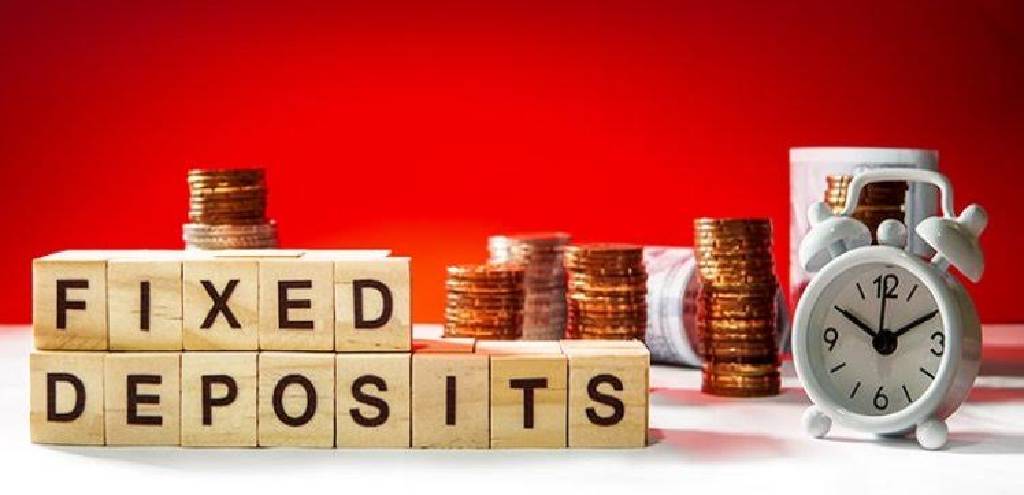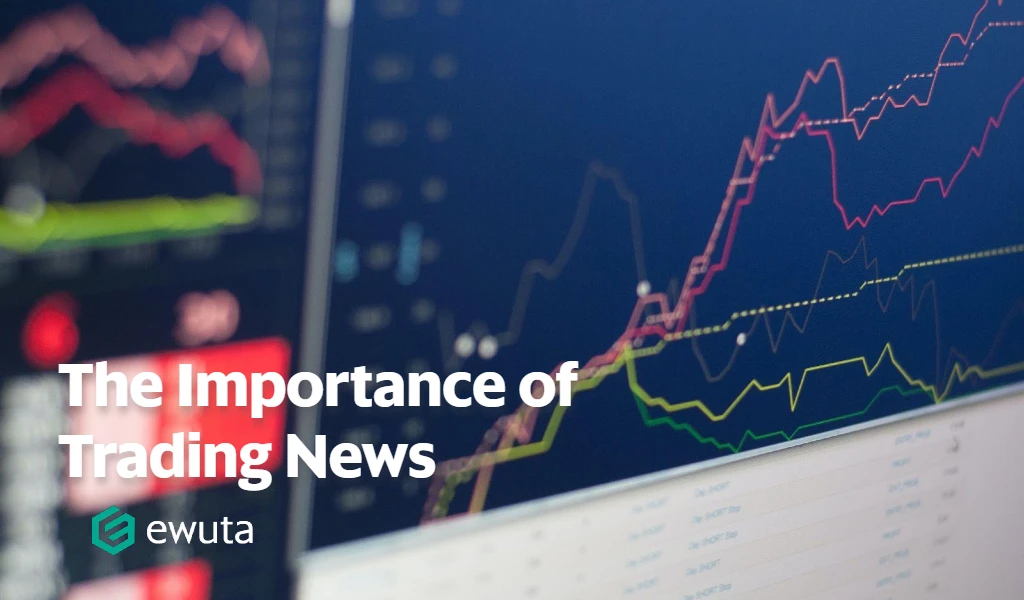Fixed deposits (FDs) are one of the most secure ways to invest one’s hard-earned money in India. FDs offer good returns in addition to being simple to start. Investing in an FD account is one of the greatest solutions if your top priority is to save money to fulfil your financial goals.
You can meet your goals without incurring risks and with assured returns. However, only a small percentage of people are fully informed on how an FD operates or precisely what a fixed deposit is. In a fixed deposit, a certain amount of money is locked away for a specific length of time.

The investor determines the duration of the fixed deposit. This term could be for a short while or for a long time. Fixed deposit accounts give the depositor a fixed rate of interest in exchange for locking in their money. The account holder or depositor receives the invested principal amount along with maturity interest when the period is up.
One of India’s most well-liked investment options is a fixed deposit, especially for risk-averse middle-class investors. Create an FD account to grow wealth over time.
There are two parties involved in an FD scheme. The financial institution is one, and the customer is the other. Financial institutions require capital, which they lend to borrowers in exchange for interest-bearing loans.
Fixed deposits, for which they provide specific interest rates, are one method of receiving that money. The money they receive is lent to borrowers at a slightly higher interest rate. The distinction between the interest rates on fixed deposits and loans is the financial institution’s profit.
Make a prudent choice and a sound judgement to benefit from short- or long-term wealth enhancement and convenience of access at any moment.
Maximizing Your Savings: Things to Consider Before Investing in FDs
1. Tenure
The duration of the deposit should be taken into account while choosing the finest FD scheme with the highest interest rate. The FD’s tenure, or duration, might be between a few months and several years.
However, it also implies that the money is locked in for a longer length of time. A longer tenure typically equates to a higher interest rate. It’s crucial to select a tenure that fits your financial needs and aspirations.
2. Credibility and reputation of the financial institution
The legitimacy and reputation of the financial institution should be taken into account while selecting the finest FD plan with the highest interest rate. It is crucial to pick a well-known financial institution with a solid track record of stability and dependability.
3. Taxation
Taxation is a crucial element to take into account before creating an FD account. The rate of taxation for interest earned on FDs is determined by the investor’s tax bracket. Financial institutions deduct TDS from the interest generated on FDs. The investor is responsible for paying additional taxes if the total interest income exceeds a particular amount.
However, deductions are available for tax-saving FD plans under Section 80C of the Income Tax Act. It is crucial to think about the tax consequences of an FD program before investing to maximize gains and reduce tax liability.
4. Interest rate
The interest rate that the financial institution offers is one of the most crucial elements to consider when selecting the finest FD. The percentage that the financial institution will pay you to store your money in their FD plan is known as the interest rate.
It’s also very important to remember that interest rates might change depending on how long the FD program lasts. FD programs with longer terms typically have higher interest rates. Identifying the investment tenure that best meets your financial goals is crucial to choosing the finest FD scheme.
You must also compare the interest rates provided by different financial institutions. Using an FD calculator online gives you a clear picture of the difference between several FD schemes.
5. Premature withdrawal and penal charges
Consider the premature withdrawal and penalty charges while selecting an FD plan with the highest interest rate. When you take your money out of an FD before it matures, that is referred to as a premature withdrawal.
Financial institutions typically impose a penalty in these circumstances. It can be anything from a proportion of the interest generated to a percentage of the principal sum.



